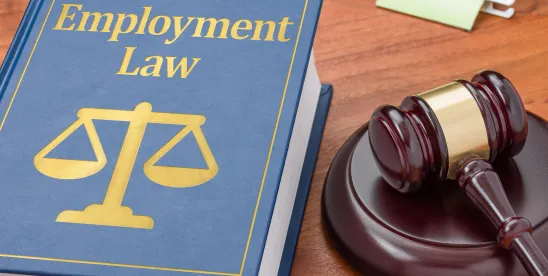An anonymous donor has pledged $130 million to the U.S. government, specifically intended to support the salaries of military personnel during the ongoing government shutdown. Despite the generous offer, legal complications could prevent the funds from being utilized as intended. The donation was made on October 23, 2025, and accepted by the Department of Defense under its general gift acceptance authority. Pentagon spokesman Sean Parnell confirmed the donation, highlighting its purpose to alleviate financial strains on service members during a period of uncertainty.
The donation, while significant, represents only a fraction of the Pentagon’s biweekly payroll obligations, which total approximately $7.5 billion. This amount covers less than a day’s wages for military personnel. Experts are raising concerns about the implications of accepting the funds due to the Anti-Deficiency Act, a law that prohibits government agencies from spending money without congressional appropriation.
According to Bobby Kogan, senior director of federal budget policy at the Center for American Progress, the legal framework is clear. “In general, you may not spend money that has been donated because the Constitution and the Anti-Deficiency Act say that you can’t spend money unless you have an appropriation to make it happen,” he stated.
Romina Boccia, director of budget and entitlement policy at the Cato Institute, echoed Kogan’s sentiments, emphasizing that while the intent behind the donation is commendable, it does not circumvent the legal requirements governing military salaries. “The department is welcome to acknowledge this donor’s intent, but that does not change the legal restrictions on Congress needing to appropriate funds to pay military salaries,” she said.
The Pentagon does possess limited authority to accept donations for specific purposes, such as supporting service members or their families affected by combat, but using the funds for salaries does not comply with existing regulations. Boccia noted, “The only way to get around this restriction is if Congress decided to recategorize troop pay as mandatory or direct spending.”
The political landscape complicating this situation has been tense, with the government shutdown extending for over 23 days as of the latest updates. The standoff between Republican and Democratic lawmakers continues, with both sides engaged in a public messaging war, each blaming the other for the impasse.
As this situation unfolds, the potential for the anonymous donation to serve its intended purpose remains uncertain. The legal barriers posed by the Anti-Deficiency Act may prevent the timely relief that military personnel desperately need during this prolonged period without pay. The outcome of this scenario will likely depend on the actions of Congress and the political negotiations that follow.







